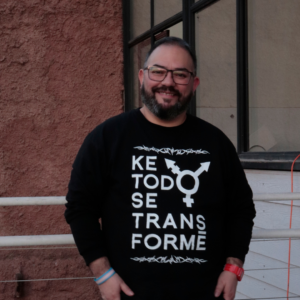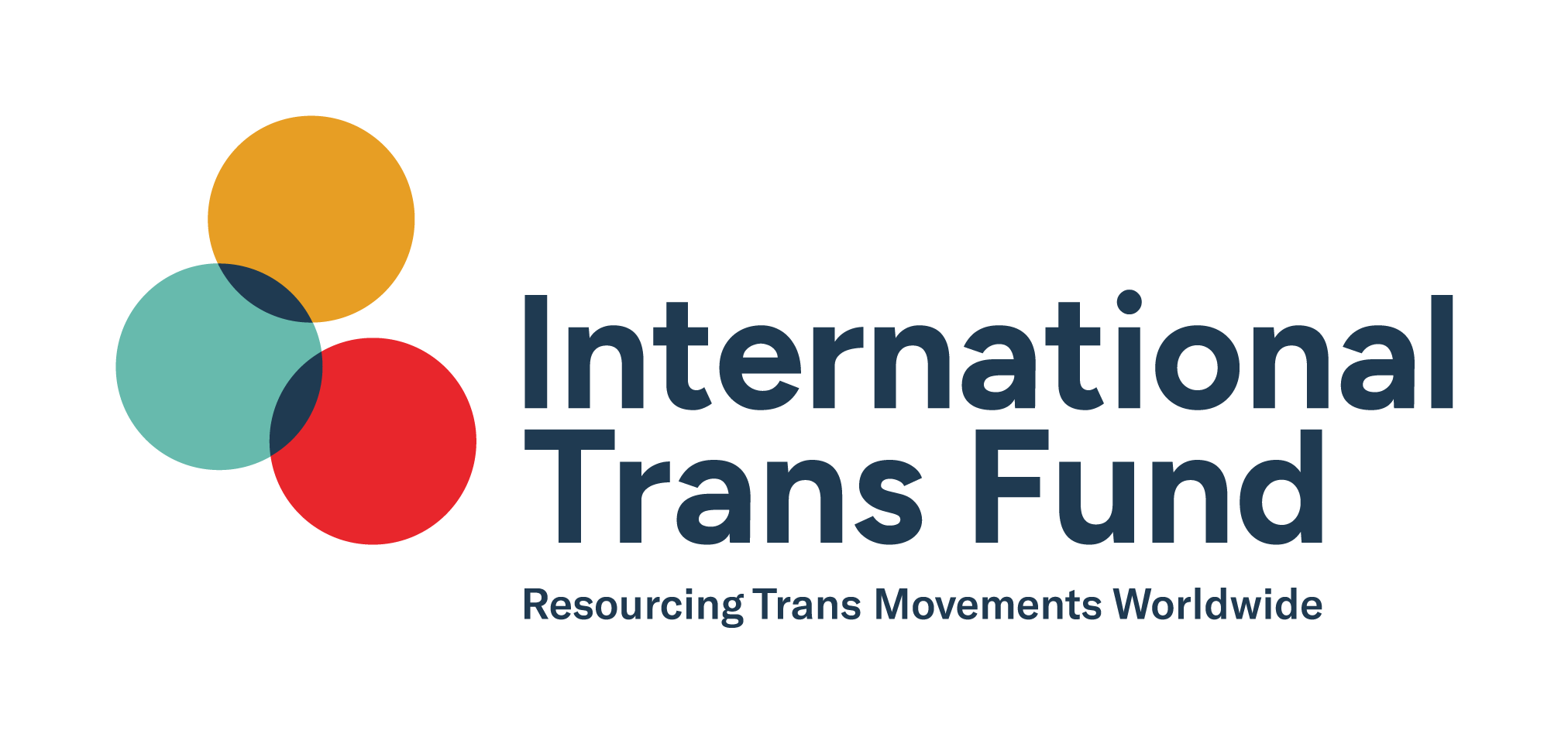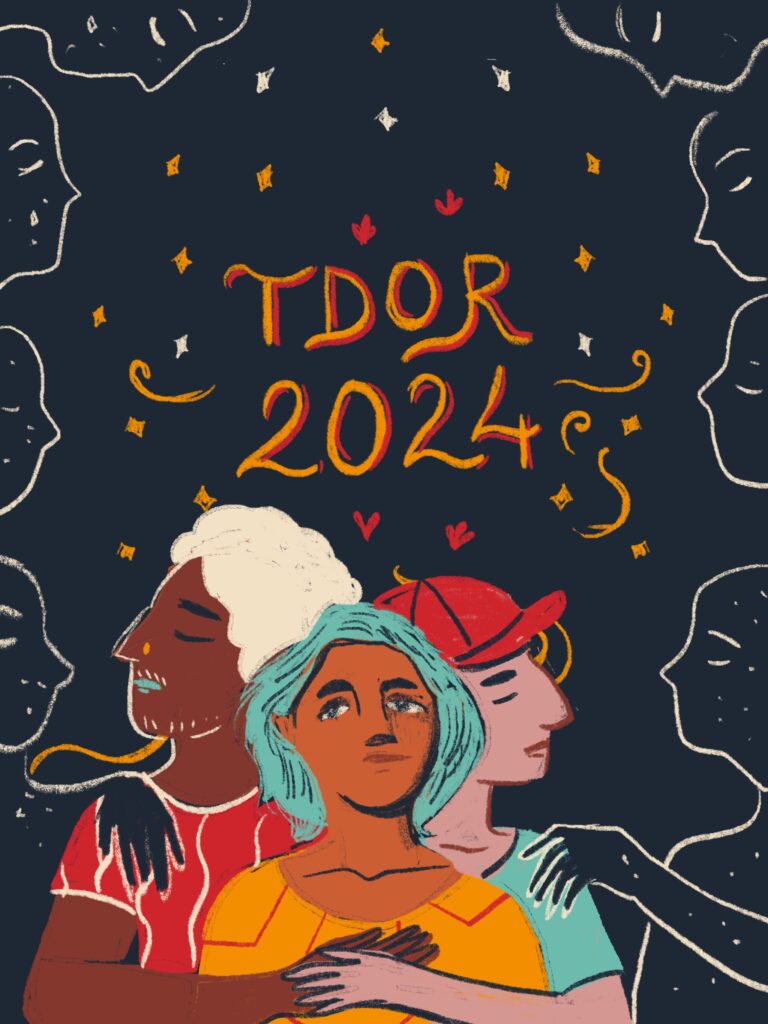Meet the ITF’s New Board Members
We are excited to introduce the newest members of the ITF Board! The Board is essential in guiding our strategic vision, ensuring accountability, and making key decisions about how we resource and support trans-led movements globally. These new members bring a wealth of expertise, diverse perspectives, and a shared commitment to advancing trans rights. Their leadership and passion will help strengthen our mission and deepen our impact. Below, you’ll find their photos and bios—join us in welcoming them to the ITF!

Ayouba El Hamri
Ayouba (they/she) is a Moroccan trans and non-binary SOGIESC consultant and activist currently pursuing a degree in Global Development Studies in Norway. Ayouba has been actively involved in building movements for trans communities in the MENA region, serving as the regional manager of Transat, the first trans-led organization in the region. They co-initiated Nassawiyat, a pioneering organization for LBTQI+ women and non-binary individuals in Morocco, and have held key leadership roles with Pan Africa ILGA as Francophone Coordinator, GNP+ as Morocco Country Focal Point, the African Trans Network (ATN) as a Steering Committee Member, and FRIDA (The Young Feminist Fund) as an Advisor representing SWANA. Passionate about advocacy and knowledge-building, Ayouba is particularly interested in research and initiatives focused on SOGIESC, HIV, decolonial and participatory grant-making models, and intersectional feminism.

Denny Mwaurah
Denny (She/They) is a trans advocate from Kenya and a seasoned Finance and Grants Management Consultant with a background in accounting. With experience in feminist funds like FRIDA and UHAI EASHRI, and as a former Grant Making Panelist for ITF, Denny aspires to develop financial and institutional solutions that streamline grants management while championing for increased funding towards ITGNC-led initiatives. Passionate about gender and racial equality, poverty alleviation, and socio-economic justice, Denny is dedicated to fostering the financial sustainability of impactful development programs.

Félix Endara
Félix (he/him) is a bilingual creative and philanthropic professional based in Ecuador and NYC. With over 15 years of experience in filmmaking, global philanthropy, and arts administration, he has worked with organizations like the Robert Rauschenberg Foundation and Open Society Foundations. He currently co-chairs the Trans/Intersex Task Force within the Global Philanthropy Project and founded the Trans Affinity Group within the Documentary Producers Alliance, advocating for trans-led storytelling and supporting trans filmmakers with mentorship and resources. Félix has served on numerous selection committees for arts and social justice organizations, including Art for Justice, BlackStar Film Festival, and Creative Capital.

Franco Fuica
Franco Fuica is a charismatic 45-year-old trans activist of masculine expression from Chile. He prefers masculine pronouns (“he”) in-person and neutral pronouns in public (“they”) because he loves teaching people to respect all identities. With 20 years of experience in activism for the rights of binary and non-binary trans people, he has been at the forefront of community building and has accompanied many people in their personal processes, always with a touch of warmth. Franco is a true networker; he relates kindly to other activists, knowing that collaboration is the only path to success. He has been a state official in the Illustrious Municipality of Santiago, his work has led him to be co-president of ERC and representative of Latin America in ILGA, fighting tirelessly for inclusive public policies at local, national and international levels. Currently, Franco focuses on three passions: accompanying new trans activists, collaborating in a Latin American fund for the community and pampering his three adorable kittens who are absolutely necessary for him to be happy!







